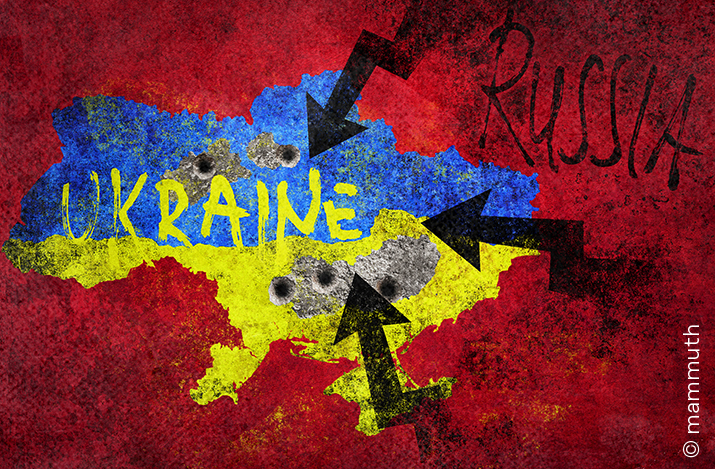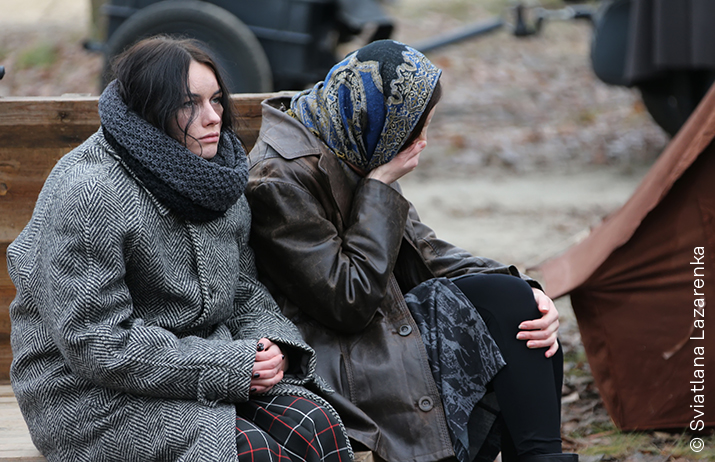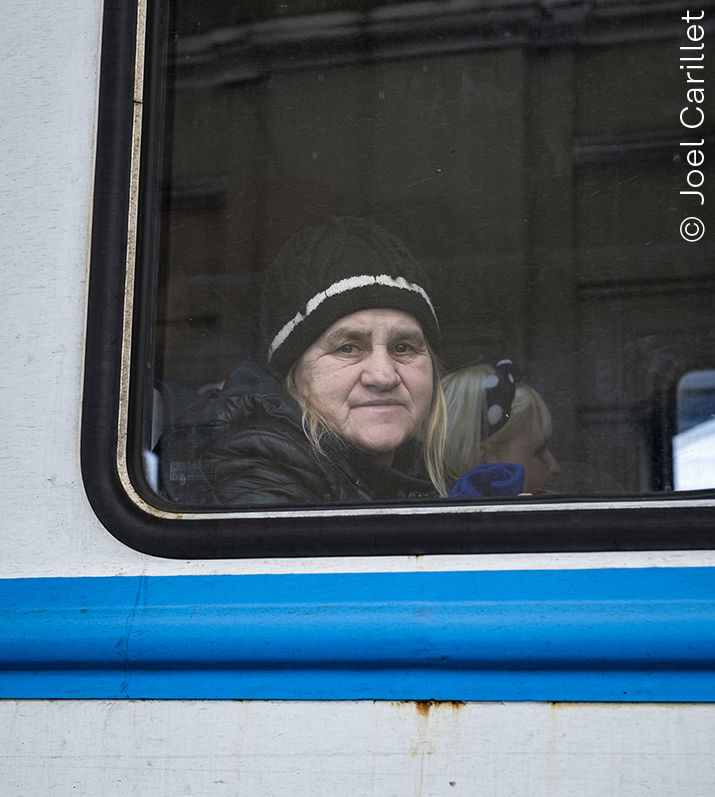HAPPENING AT THE COUNCIL OF EUROPE
ACTION PLAN FOR UKRAINE ADOPTED
In metallurgical technology, resilience is the capacity of a metal to resist deformation from external forces. The opposite of fragility. In the psychological field, it is the ability of an individual to cope with and overcome a traumatic event or period of difficulty. In war there are both metals and individuals and resilience concerns both. To resist bombs you need strong shelters and strong minds. In Ukraine, like everywhere else, there are brave people, some who do not make it, as always, and a majority of normal individuals who are under attack and in need of help, both now and when the conflict is over. This is why the Council of Europe has just adopted the Action Plan 'Resilience, Recovery and Reconstruction', starting this year and running until 2026. A project, emphasised General Secretary Marija Pejčinović Burić, 'drawn up in close consultation with the Ukrainian authorities'. It is an initiative, she added, that 'is part of our organisation's contribution to the reconstruction process of the country, which is facing brutal aggression by the Russian Federation and immense destruction'. The aims of the intervention, she continued, were defined in detail: "The new Action Plan is aimed at increasing the resilience of public institutions by strengthening democratic governance and the rule of law and protecting the human rights of citizens”.
The total budget is estimated at EUR 50 million The highest ever for a specific country
Assistance and support for Kiev will also be one of the main topics on the agenda of the upcoming summit of heads of state and government in Reykjavik in May. The decision to convene a summit, the fourth in the 73-year history of the organisation, was taken in the wake of a report presented in October by a Study Group chaired by former Irish President Mary Robinson and composed of leading political figures from across the continent. The experts issued 30 recommendations to enable the Council of Europe to respond effectively to the challenges presented by the war in Ukraine, taking into account the organisation's core competencies: the promotion of democracy, human rights and the rule of law.
One of the objectives is to support Kiev's reform programme necessary for entry into the European Union
But Strasbourg has also set itself other goals. In addition to providing continued support to Ukraine, the Action Plan also aims to support Kiev's reform agenda, which has been intensified since the decision made by Brussels to grant the country EU candidate status. The total budget for the four-year cooperation framework is estimated at EUR 50 million, the highest ever budget for an Action Plan targeting a specific country.
The Council of Europe will cooperate with the Ukrainian authorities in addressing urgent needs and priorities, including the implementation of the measures outlined in the opinion of the European Commission in the areas of constitutional justice, the fight against corruption, money laundering, the development of an independent, effective and accountable judiciary, the promotion of freedom of expression and freedom of the media, and the strengthening of the protection of the rights of national minorities.
The initiative will be closely coordinated with the EU, UN and OSCE
The Action Plan will be accompanied by important activities by the Council of Europe Development Bank (CEB), which will make a significant contribution by partially financing investment projects with a high social value aimed at improving the living conditions of the most vulnerable groups.
Support for Kiev will be one of the topics on the agenda of the summit of heads of state and government in Reykjavik in May
The CEB will also be able to operate directly in the country as soon as the final stage of the ongoing process through which Ukraine will become a full member of the Bank is completed. The Council of Europe's action will be closely coordinated with the European Union, the United Nations and the Organization for Security and Cooperation in Europe (OSCE), as well as with bilateral funders.









